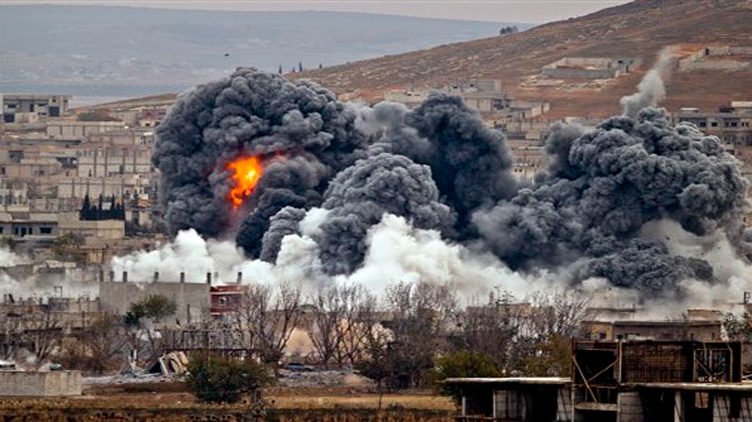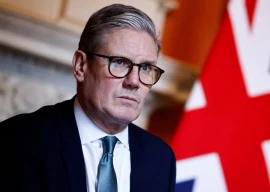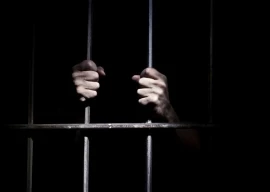
The United States, France and Britain conducted an unprecedented missile attack Saturday on the Syrian regime that Paris described as a matter of honor but admitted had solved nothing.
The punitive strikes were launched before a fact-finding team was able to enter Douma, where the alleged April 7 chemical attack happened, and begin its field work.
Germany can mediate with Moscow over Syria, foreign minister says
Western diplomats charged Monday during an emergency meeting at the watchdog's The Hague headquarters that the regime and its Russian ally were blocking the team.
Russia denied the claims, saying parts of Douma still needed to be de-mined and said the Organization for the Prohibition of Chemical Weapons (OPCW) inspectors would enter on Wednesday.
Yet France and the United States appeared to question the purpose of such a mission, warning that any incriminating evidence had likely been removed by now.
"It is highly likely that evidence and essential elements disappear from the site, which is completely controlled by the Russian and Syrian armies," the French foreign ministry said.
The US ambassador to the OPCW, Ken Ward, had claimed Monday that the Russians had already visited the site and "may have tampered with it".
In an impassioned defense to the European Parliament on Tuesday, France's President Emmanuel Macron admitted that Saturday's strikes had been a more political than military decision.
"Three countries have intervened, and let me be quite frank, quite honest - this is for the honor of the international community," he said in the French city of Strasbourg.
"These strikes don't necessarily resolve anything but I think they were important," Macron added.
The French leader was also set to strip Syrian President Bashar al-Assad of a prestigious award he was granted by former president Jacques Chirac in 2001.
"The Elysee confirms that a disciplinary procedure for withdrawing the Legion d'Honneur (Legion of Honor) is under way," Macron's office said.
The war of words continued to spiral between the Russian-backed Syria regime and the West but a military escalation looked to have been averted despite both sides trading threats after the strikes.
Yet, a report on state news agency SANA that Syrian air defenses had shot down missiles over Homs province overnight raised fears that further action had indeed been taken.
It branded the incident an "aggression" but did not name a specific country.
Big explosions were heard overnight near Shayrat air base, southeast of Homs city, and near Damascus where two other air bases are located, the Syrian Observatory for Human Rights reported.
Later Tuesday, however, SANA retracted the report, stressing there had been "no external attack" on Syria.
"Last night, a false alarm that Syrian air space had been penetrated triggered the blowing of air defense sirens and the firing of several missiles," a military source told the agency.
Both the US and Israel appeared to deny involvement in the overnight incident, which would have been the third time that Homs province was bombed in just over a week.
After Saturday's strikes, which destroyed mostly empty buildings, the trio of Western powers trying to reassert influence on the seven-year-old war has appeared to favor diplomatic action.
A series of meetings was scheduled in a bid to relaunch talks aimed at ending a war that has left more than 350,000 people dead and displaced more than half of the Syrian population.
War in Syria
Analysts have said however that it would take more for the West to mount a meaningful challenge to Russia's weight as a broker.
"For a new diplomatic initiative to work, the balance on the ground must be changed... otherwise the regime backed by Russia and Iran will still have the upper hand and no political transition is possible," said Nabeel Khoury.
"As it is, even with this latest bombing, the West does not have a seat at the table," said the former US diplomat, currently a fellow at the Atlantic Council think-tank.

















COMMENTS
Comments are moderated and generally will be posted if they are on-topic and not abusive.
For more information, please see our Comments FAQ